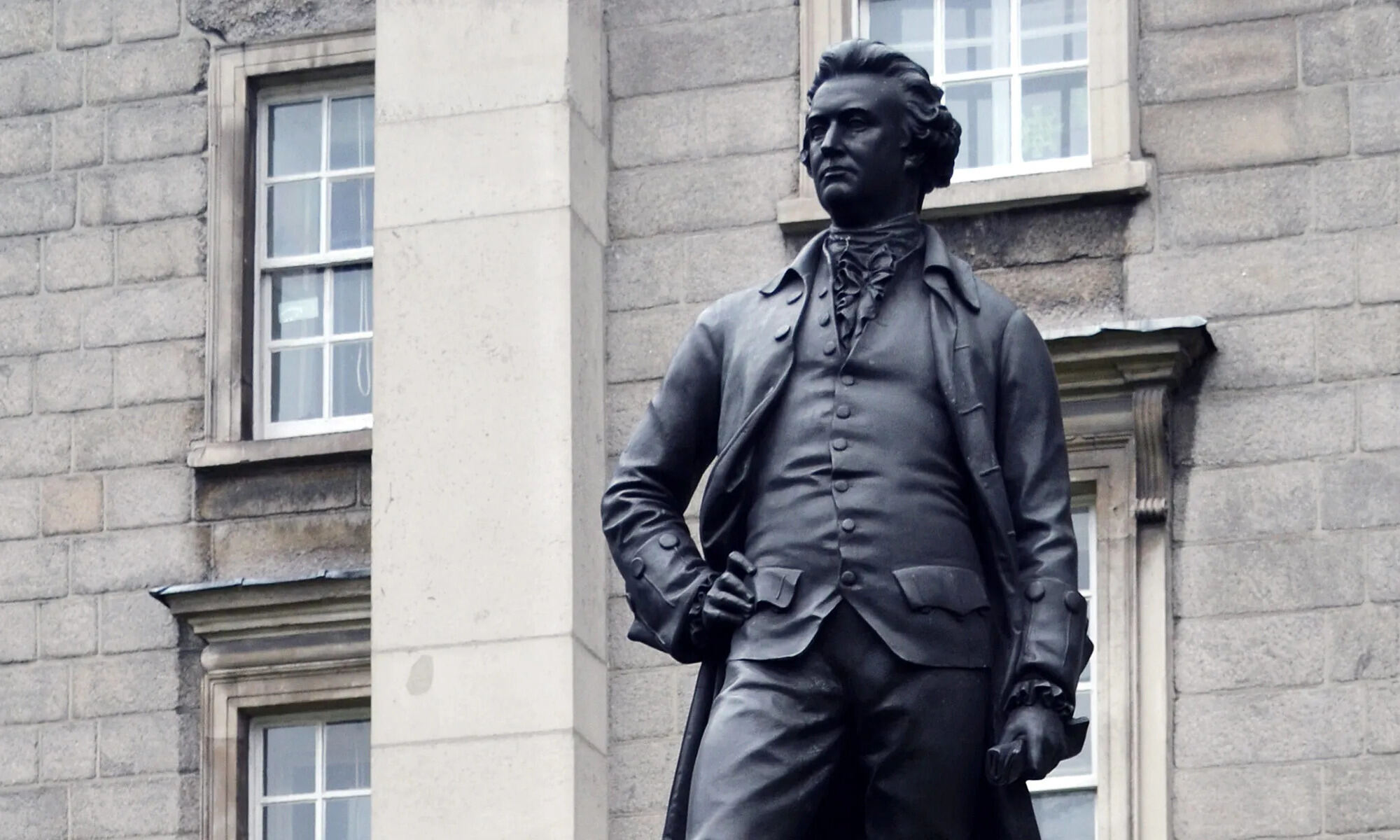
When it comes to influential thinkers and philosophers, few names carry as much weight as Edmund Burke. Born in Dublin in 1729, Burke went on to become one of the leading figures of the 18th-century intellectual movement known as conservatism. His writings and speeches continue to be studied and revered to this day for their profound insights into politics, society, and human nature.
In this article, we will dive into the fascinating life and contributions of Edmund Burke. From his early years as a lawyer to his role in the British Parliament and his lasting impact on political thought, there is much to explore. Join us as we uncover eight intriguing facts about this influential figure who shaped the foundations of modern conservatism.
Key Takeaways:
- Edmund Burke was a key figure in shaping modern conservatism, emphasizing tradition and the importance of moral values in politics.
- His influential work, “Reflections on the Revolution in France,” warned against sudden societal changes and continues to impact political thought today.
Edmund Burke was a prominent 18th-century Irish statesman and philosopher.
Born in Dublin in 1729, Edmund Burke made significant contributions to political and philosophical thought during the Enlightenment period. His ideas on conservatism, justice, and the role of government have had a lasting impact on Western political theory.
Burke is widely regarded as the father of modern conservatism.
Edmund Burke’s writings and speeches emphasized the importance of tradition, gradual change, and the preservation of social order. He believed in the value of institutions and the necessity of balancing individual rights with societal stability.
Burke’s most famous work is “Reflections on the Revolution in France.”
This influential book, published in 1790, criticized the French Revolution and its radical ideals. Burke argued that sudden and drastic changes to society could result in chaos and the destruction of valuable institutions.
Burke was a member of the British Parliament.
He served as a Member of Parliament for various constituencies over several decades, using his platform to advocate for the rights of the American colonies and the principles of constitutional government.
Burke had a strong belief in the importance of moral values in politics.
He argued that politicians should be guided by principles of virtue and morality rather than self-interest. Burke believed that a strong moral foundation was essential for maintaining a just and stable society.
Burke was an early supporter of the American Revolution.
While he opposed revolutionary change, Edmund Burke sympathized with the grievances of the American colonists and argued for their rights within the British Empire.
Burke’s writings influenced the development of conservative political thought.
His ideas on limited government, constitutionalism, and the importance of social stability provided a foundation for future conservative thinkers and movements.
Burke’s work continues to be studied and debated by scholars and political theorists.
His insights into the nature of power, the dangers of radicalism, and the importance of preserving established institutions remain relevant in modern political discourse.
Conclusion
In conclusion, Edmund Burke was a fascinating figure in history whose ideas continue to influence political and philosophical thought. From his early days as a writer and politician to his lasting impact on conservatism, Burke made significant contributions to the fields of law, politics, and philosophy. His emphasis on tradition, order, and the preservation of societal values left a lasting legacy that still resonates today. Whether through his brilliant speeches, powerful writings, or influential political stances, Burke’s ideas continue to shape our understanding of governance and the role of the individual in society.
FAQs
Q: Who was Edmund Burke?
A: Edmund Burke was an Irish statesman, philosopher, and writer who is considered one of the founding fathers of modern conservatism. He served as a member of the British Parliament and is best known for his influential works on political philosophy.
Q: What were Edmund Burke’s main beliefs?
A: Edmund Burke believed in the importance of tradition, gradual change, and the preservation of societal values. He opposed radicalism and supported a balanced approach to governance, taking into account the wisdom and experiences of previous generations.
Q: What is Burke’s most famous book?
A: Burke’s most famous book is “Reflections on the Revolution in France,” published in 1790. In this work, he critiqued the French Revolution and articulated his conservative beliefs, becoming a prominent voice in the counter-revolutionary movement.
Q: How did Edmund Burke influence conservatism?
A: Edmund Burke’s emphasis on tradition, gradual change, and the value of societal institutions laid the foundation for modern conservatism. His writings and speeches continue to inspire conservative thinkers and shape contemporary conservative thought.
Q: What is Edmund Burke’s legacy?
A: Edmund Burke’s legacy lies in his profound impact on political philosophy and philosophy as a whole. His ideas have influenced generations of thinkers and continue to shape debates on governance, individual rights, and the preservation of societal institutions.
Was this page helpful?
Our commitment to delivering trustworthy and engaging content is at the heart of what we do. Each fact on our site is contributed by real users like you, bringing a wealth of diverse insights and information. To ensure the highest standards of accuracy and reliability, our dedicated editors meticulously review each submission. This process guarantees that the facts we share are not only fascinating but also credible. Trust in our commitment to quality and authenticity as you explore and learn with us.
